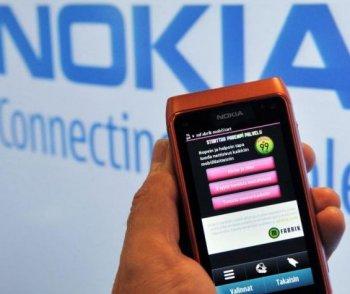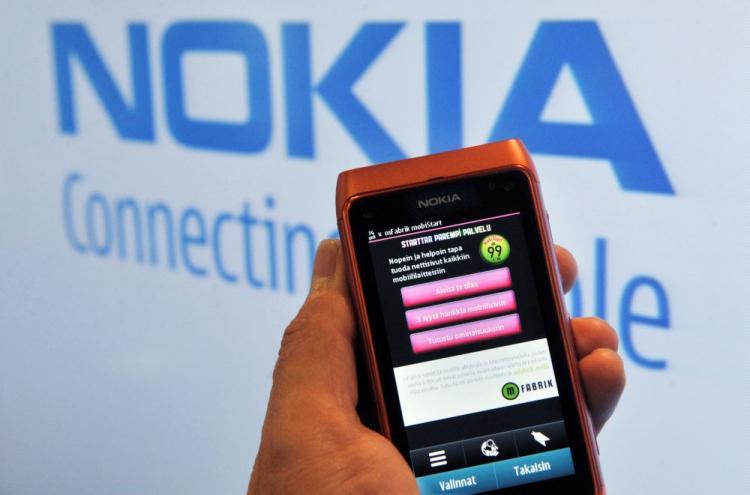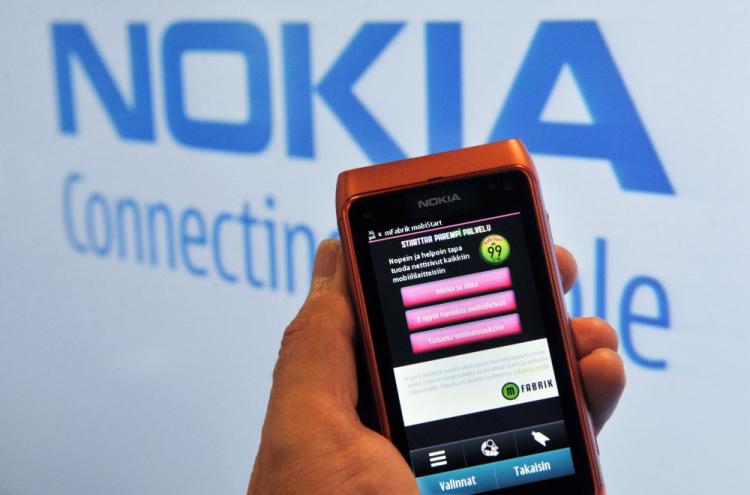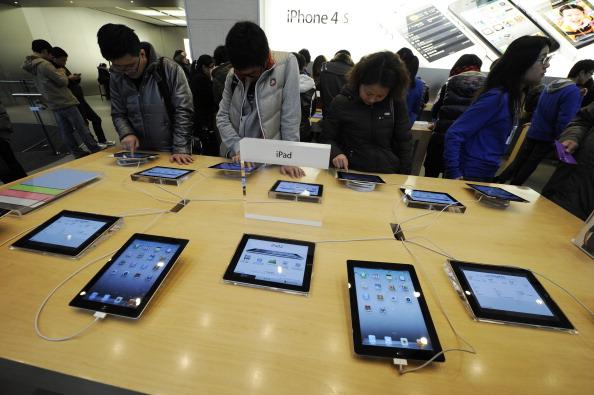The world’s largest cell phone maker Nokia Corp. will be shedding 1,800 jobs in order to offset Nokia’s smartphone losses and costs of rolling out its Symbian operating system.
The Finnish company is challenged by the dominance of Apple’s iPhone, Research In Motion’s (RIM) Blackberry, and Google’s Android operating system.
The company’s first non-Finnish CEO Stephen Elop acknowledged that there is some distance to go in the competitive phone market. In a statement, he refered to Nokia as a “landscape of unpolished gems.” Elop, who has been running the operations since Sept. 21 after leaving Microsoft, said Nokia’s “critical strength is a capacity to innovate.”
The Nokia software, Symbian, is not only more outdated that Apple’s iOS, it struggles to adapt adequately to touch screen phones. For instance, other handset brands such as Samsung and Sony-Ericsson have attempted to use the Symbian platform but have opted to move onto Android.
Sales of Nokia’s smartphones, the fastest-growing section of the market, increased by 61 percent from a year ago to 26.5 million handsets.
Nokia also released its N8 phone in September. The new smartphone is an attempt to catch up to the Blackberry and iPhone smartphones, with a 12 megapixal digital camera, a 3.5 inch display, and an upgraded Symbian 3 operating system.
“N8 is Nokia’s first (Symbian) major upgrade for some time. It is an improvement, but it’s still a bit behind the iPhone,” said Neil Mawston from London-based Strategy Analytics in an interview with AP. “Nokia has some pretty bullish growth plans for Symbian over the next couple of years.”
The Finnish company is challenged by the dominance of Apple’s iPhone, Research In Motion’s (RIM) Blackberry, and Google’s Android operating system.
The company’s first non-Finnish CEO Stephen Elop acknowledged that there is some distance to go in the competitive phone market. In a statement, he refered to Nokia as a “landscape of unpolished gems.” Elop, who has been running the operations since Sept. 21 after leaving Microsoft, said Nokia’s “critical strength is a capacity to innovate.”
The Nokia software, Symbian, is not only more outdated that Apple’s iOS, it struggles to adapt adequately to touch screen phones. For instance, other handset brands such as Samsung and Sony-Ericsson have attempted to use the Symbian platform but have opted to move onto Android.
Sales of Nokia’s smartphones, the fastest-growing section of the market, increased by 61 percent from a year ago to 26.5 million handsets.
Nokia also released its N8 phone in September. The new smartphone is an attempt to catch up to the Blackberry and iPhone smartphones, with a 12 megapixal digital camera, a 3.5 inch display, and an upgraded Symbian 3 operating system.
“N8 is Nokia’s first (Symbian) major upgrade for some time. It is an improvement, but it’s still a bit behind the iPhone,” said Neil Mawston from London-based Strategy Analytics in an interview with AP. “Nokia has some pretty bullish growth plans for Symbian over the next couple of years.”





